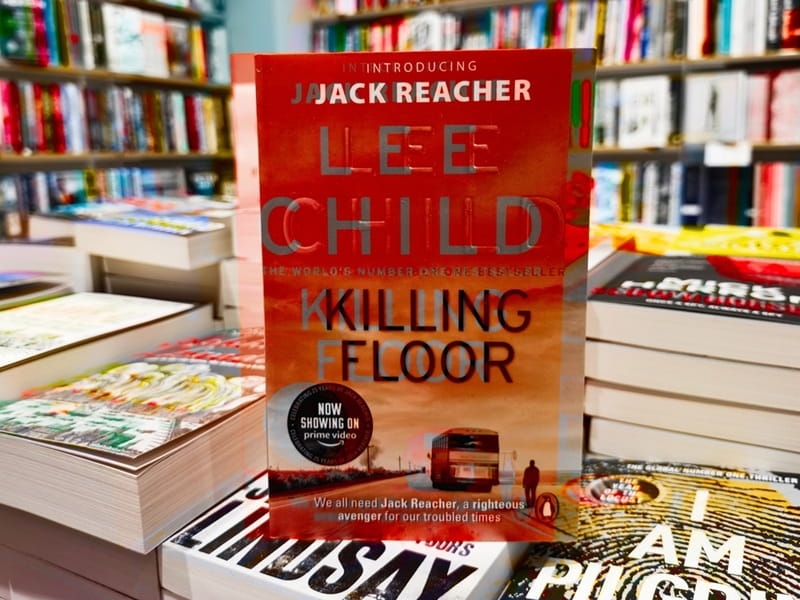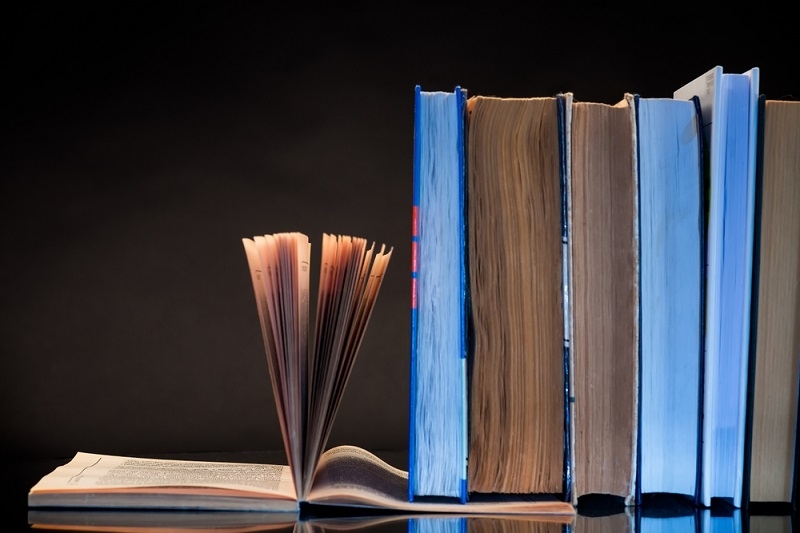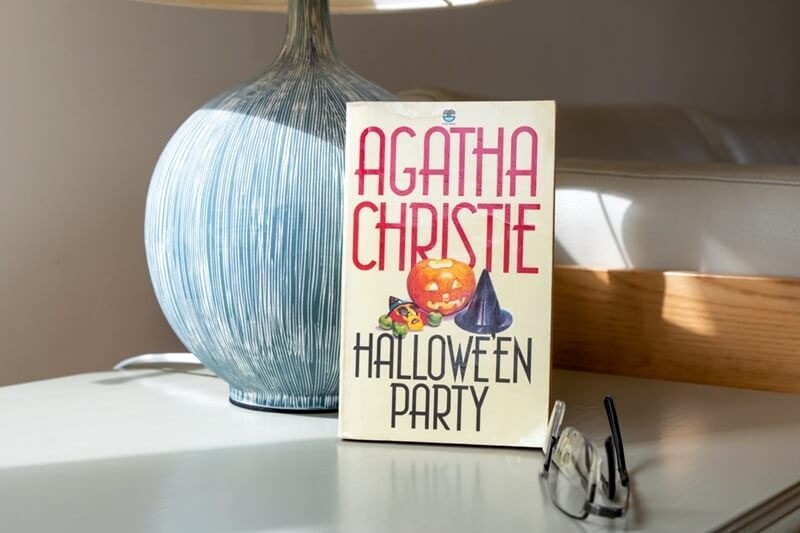How to Read More: Top Tips to Read Faster, Retain More?

Let's get something out of the way: reading is hard. Not in the "I don't know the alphabet" kind of way, but in the where-do-I-find-the-time and why-do-I-keep-rereading-the-same-paragraph kind of way.
Sound familiar?
We all love the idea of being someone who reads a ton-books stacked on the nightstand, quotes for every situation, and the kind of mind that's always expanding. But real life? It gets in the way. Work emails, TikTok scrolls, Netflix's "Are you still watching?" guilt-trips.
So, if you've been Googling how to read more, welcome. You're not alone, and you're definitely not lazy. You just need a plan that fits your life.
Let's dig into 10 tips that'll help you read faster, remember more, and-here's the kicker-actually enjoy it.
1. "I Don't Have Time" Is a Lie We've All Told Ourselves
Here's the thing-most people do have time. It's just buried under auto-pilot habits.
Think about it: how often do you pick up your phone without thinking? Or scroll through your email when you could be doing... literally anything else?
Try this experiment: for the next two days, track your screen time. It might sting a little. That 45 minutes on Instagram? That could've been two chapters of a novel or an entire short story.
So, how to read more books starts with reclaiming time. Not making time. It's already there-you just need to redirect it.
2. Stop Romanticizing the Perfect Reading Setup
You don't need the Pinterest vibe: cozy nook, mug of tea, golden-hour lighting.
Reading on the train counts. Audiobooks during your commute count. Flipping through a Kindle while eating leftovers totally counts.
Waiting for the "perfect moment" is a trap. The goal isn't aesthetics-it's momentum.
The truth about how to start reading more is that you have to start. Even if it's five pages between meetings or ten minutes before bed.
Spoiler: the magic isn't in the setting. It's in the showing up.
3. Audiobooks Aren't Cheating-They're a Power Move
Let's debunk a myth: audiobooks don't make you less of a reader.
Some of the most dedicated readers out there have earbuds permanently attached to their skulls. Audiobooks are a godsend for multitaskers-laundry, dishes, dog walks, gym sessions? All prime reading time.
If you're trying to figure out how to read more efficiently, this one's a game-changer.
Bonus: narration style can bring characters to life in a way that silent reading sometimes can't. Looking at you, Stephen Fry's Harry Potter voice.

4. Choose Books Like You Choose Netflix Shows
Confession: I once spent two weeks slogging through a book I wanted to love but hated every second of. It was like chewing cardboard for fun. Why did I keep going? Guilt, probably.
Here's the truth: you're allowed to DNF (that's "Did Not Finish" in book-nerd speak).
Life's too short to read boring books. If a book doesn't spark something in the first 30 pages? Toss it aside. Find one that does.
How to make reading more enjoyable often means giving yourself permission to read what you like, not what you think you should like.
5. Set Tiny Goals (Like, Ridiculously Tiny)
Let's talk psychology for a sec. Your brain loves checking boxes. It gets a dopamine hit when you complete a task-even a small one.
So instead of "Read 50 books this year," try "Read 10 pages a day." That's manageable. That feels doable even when you're tired or cranky or avoiding that text from your boss.
Over time, those 10 pages add up. You'll have read 300 pages in a month without even noticing.
This is one of the simplest strategies for how to read more without feeling overwhelmed.
Know More: 20th Century Classic Stories: Timeless Tales That Endure
6. Read With a Pencil (Or at Least a Sticky Note)
Here's a trick I wish I'd learned sooner: interacting with the text makes it stick.
Underline lines that hit you. Scribble notes in the margins. Highlight metaphors that made you pause. Or, if you can't mark up the book (library rules, ugh), keep a sticky note tucked inside and jot down your thoughts as you go.
This is clutch for anyone wondering how to read faster and retain more-because when you engage with the book, your brain pays more attention.
Think of it as talking with the author, not just listening passively.
7. Stack the Books-Literally
Here's a weird little brain hack: visible books = reminders.
Keep a few on your desk, your nightstand, even your kitchen counter. When your brain sees them often, reading becomes part of your visual landscape. Less "I should read" and more "Oh yeah, I want to get back to that chapter."
If you're really into optimizing, you can even match your books to your mood. Something light and funny for evenings. Something deep and thought-provoking for lazy Sunday mornings.
That's how you train your brain on how to read more efficiently-make it frictionless to dive in.
8. Read Multiple Books at Once (Yes, Really)
Old advice said stick to one book at a time. But if your attention span's anything like mine on a Monday morning, that's a recipe for quitting altogether.
Instead, keep two or three books going at once-different genres, tones, or formats. A thriller for late nights. A non-fiction for mornings. A fluffy rom-com for lunch breaks.
That way, no matter your mood or energy level, you've got an option that fits.
It might sound chaotic, but for a lot of readers, it's the secret sauce for how to read more books without burning out.
9. Make It Social-Or At Least Shareable
Reading doesn't have to be a solo sport.
Start a group chat with a few friends who read. Join a book club. Post your reads on Instagram. Even if nobody responds (thanks, algorithm), the act of sharing builds accountability.
One of my friends keeps a "Books I've Read" thread in her Notes app and shares it every December. She swears that's the reason she hits her goals-because she knows she'll be reporting back.
If you're the competitive type, try Goodreads challenges or the StoryGraph. There's something weirdly motivating about seeing your progress in graph form.

10. Track the Vibes, Not Just the Stats
Most reading goals get derailed because they become about the goal. "Must hit 30 books this year." "Must finish this classic even if it's putting me to sleep."
But the real goal? Joy. Growth. Escape. Wonder.
So instead of just logging page numbers or books read, jot down what you felt. Did that chapter make you cry? Did that line stop you in your tracks? Did that memoir make you text your mom out of nowhere?
That's how to make reading more enjoyable-by focusing on the experience, not the checkbox.
Books are meant to move us, not just sit in pretty stacks on the shelf.
Read More: How to Choose the Perfect Planner for 2025: A Complete Guide
Final Thoughts: Don't Read Like a Robot
Here's the messy, beautiful truth: no one's born a perfect reader. Everyone zones out. Everyone forgets what they read sometimes. Everyone picks the wrong book once in a while.
But the readers who stay readers? They forgive themselves for it. They keep going. They try new things.
So whether you're figuring out how to start reading more, looking for how to read faster and retain more, or just need a nudge to open that book that's been staring at you for weeks-know this:
You don't need to read like a scholar.
You just need to read like you.
However that looks.
This content was created by AI





